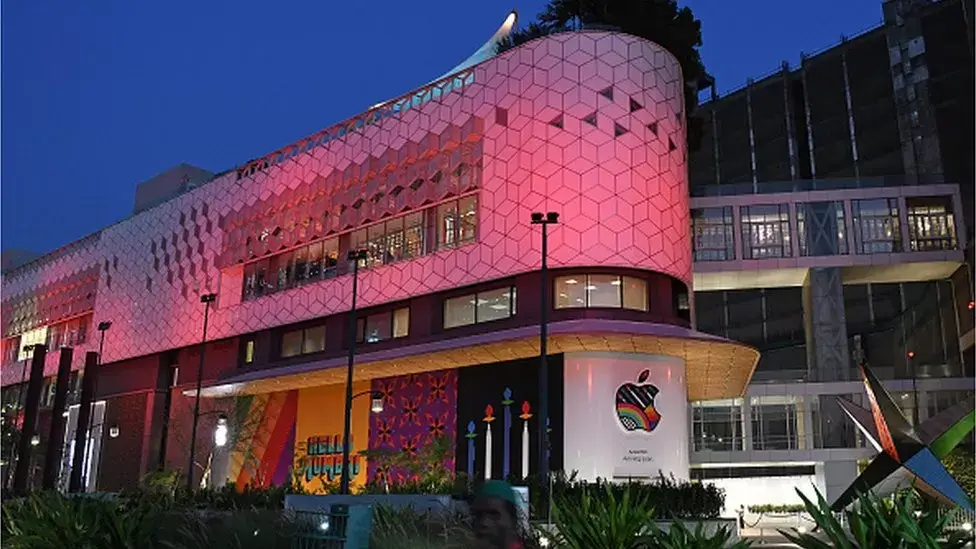
During his recent visit to West Bengal, J P Nadda, the national president of the Bharatiya Janata Party (BJP), conveyed a strong message to the state’s party leadership. He emphasized the need to prioritize strengthening the party’s grassroots cadre and crafting an alternative narrative to the Trinamool Congress (TMC) government led by Mamata Banerjee.
Sources within the party revealed that Nadda expressed dissatisfaction with the state unit’s performance during a core committee meeting on Saturday. He highlighted the importance of shifting focus towards building a robust party cadre at the grassroots level. This emphasis on grassroots engagement is intended to serve as a solid foundation for the party’s endeavors in the state.
Nadda’s directive reflects a recognition that merely criticizing Mamata Banerjee’s leadership might not be a sufficient strategic approach for the upcoming 2024 elections. He urged the Bengal BJP leadership to prioritize tangible actions that resonate with the aspirations of the people. This entails creating a comprehensive and credible narrative that offers a viable alternative to the ruling party.
The BJP’s entry into West Bengal’s political landscape has faced significant challenges. Despite determined efforts and an aggressive campaign approach, the party has struggled to establish a dominant presence. The TMC, under Mamata Banerjee’s leadership, continues to maintain a strong hold on the state’s political dynamics.
Nadda’s emphasis on grassroots engagement aligns with the BJP’s core philosophy of fostering local connectivity. This strategy enables party members to engage with local communities, understand their needs, and address their concerns directly.
While the BJP has been vocal in criticizing Mamata Banerjee’s government, Nadda’s message underscores the importance of presenting a comprehensive alternative narrative. This approach implies a strategy that not only highlights shortcomings but also offers concrete solutions and proposals that cater to the diverse interests of West Bengal’s population.
Nadda’s recent visit and the subsequent core committee meeting can be viewed as a pivotal moment for the state’s BJP unit. His message carries the weight of the party’s national leadership and highlights the urgency of adjusting their approach to navigate the state’s unique political landscape.
As West Bengal’s political environment evolves, Nadda’s directive comes at a critical juncture, as the BJP prepares for the 2024 elections. The message serves as a reminder that the party’s success in the state hinges on its ability to connect with people at the grassroots level and present an effective and compelling vision for West Bengal’s future.
In the BJP’s quest to establish a stronger presence in West Bengal, strategic recalibration and sustained grassroots engagement are imperative. J P Nadda’s directive outlines a clear roadmap for the state’s party leadership, emphasizing the need to move beyond verbal rhetoric and focus on tangible actions that resonate with the state’s diverse population. As the party readies itself for future political challenges, the importance of cultivating local connections and crafting a compelling narrative remains paramount.









